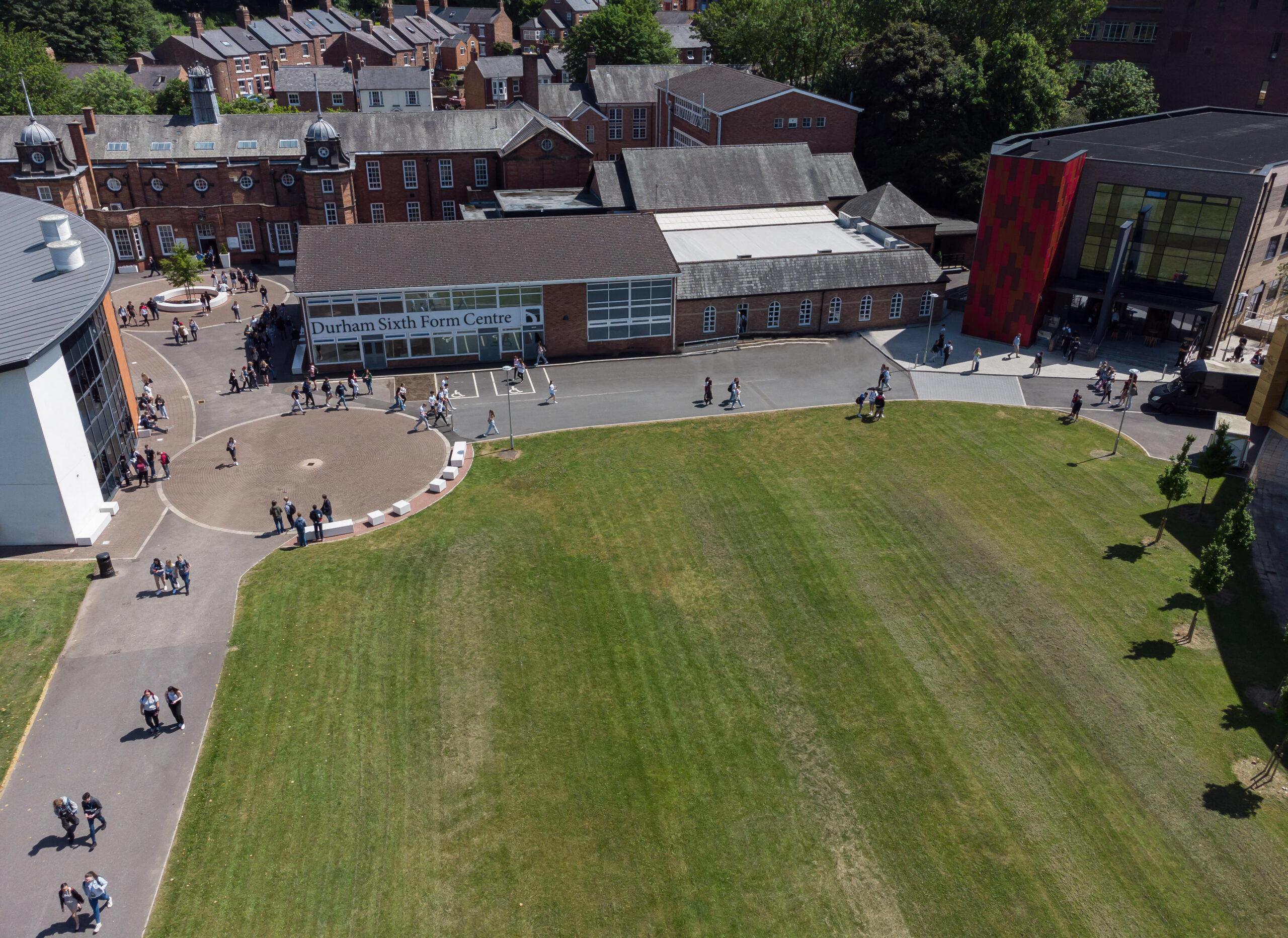Law students visited Newcastle Combined Law Courts to observe a broad range of cases. Although a little apprehensive about walking into courtrooms on their own whilst cases were ongoing, students soon gained confidence and were quickly dispersed across the four floors to observe a range of cases.
Cases in the Magistrates’ tend to be fast, due to magistrates’ having to deal with all offences at some stage. Here, students saw a wide variety of cases including a defendant who had previously been sentenced to a community order which included a period of unpaid work, but had returned to the Magistrates’ court after failing to attend, he was successful in convincing the Magistrates’ to have this unpaid work requirement removed from the order so that he could continue employment in a new job. Students also observed a case regarding drink driving offences in which the defendant pleaded guilty and received a 19 month driving ban and a fine. An additional sentencing hearing in the Magistrates’ included a defendant who pleaded guilty to wasting police time and received a £120 fine after repeatedly calling 999 without cause.
Students also had the opportunity to observe the other matters dealt with at the Magistrates’ Court before the trial takes place. For example, a group observed a bail hearing in which bail conditions set included the defendant not being able to enter the street the offence took place or have any contact with the witnesses.
In the Crown Court, students observed a broad range of cases at different stages of the process. Learners saw juries being sworn in for a rape trial and opening speeches from the prosecution and defence. The use of technology was evident throughout several cases with witnesses often giving evidence through a video recording or defendant’s appearing through a live video link. A recent high profile murder trial was also concluding, with the jury having deliberated earlier in the week – but students were unable to get into the public gallery due to it being too busy.
Students additionally observed a sentencing hearing in the Crown Court after a defendant had pleaded guilty to rape, theft and possession of Class C drugs on the day the trial was supposed to begin. During the sentencing, learners listened to the prosecution barrister summarise the facts of the case, outline relevant aggravating factors and read out the victim impact statement and the defence barrister outline relevant mitigating factors. The judge then evaluated these factors before sentencing the defendant to an eight year custodial sentence, and explained that the defendant faces automatic deportation after serving two-thirds of the sentence.
After spending time in the courts students became aware of some of the practical issues and considerations surrounding the criminal justice system. For example, cases being delayed due to translators not being on time! Pre-sentence reports not being handed in on time due to the defendant missing a meeting and a lack of clarity in victim impact statements. This gave students a real understanding of the legal profession and the challenges that arise daily!
Overall, students found the staff and legal professionals to be extremely helpful and positive. From a kind court usher who took students into the courtroom before cases had started and offered words of encouragement to those nervous about going into an ongoing case; to Magistrates who took time out of their busy schedule to explain to their role and barristers who directed groups to court rooms they thought would be most “interesting”.




